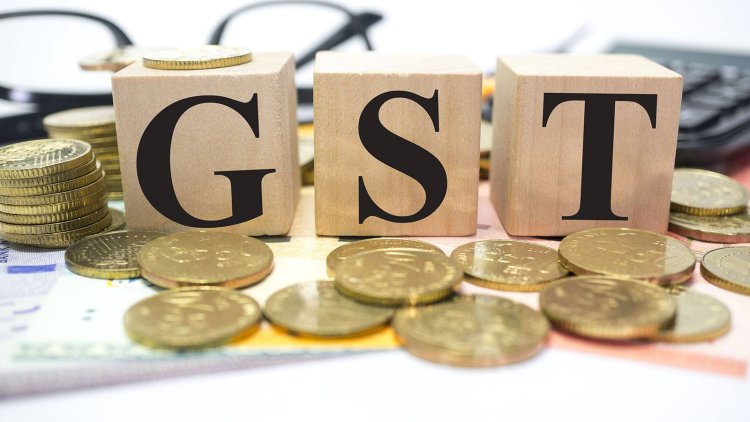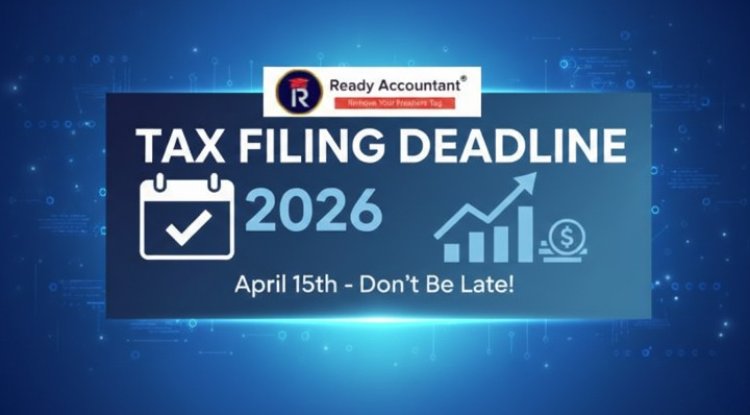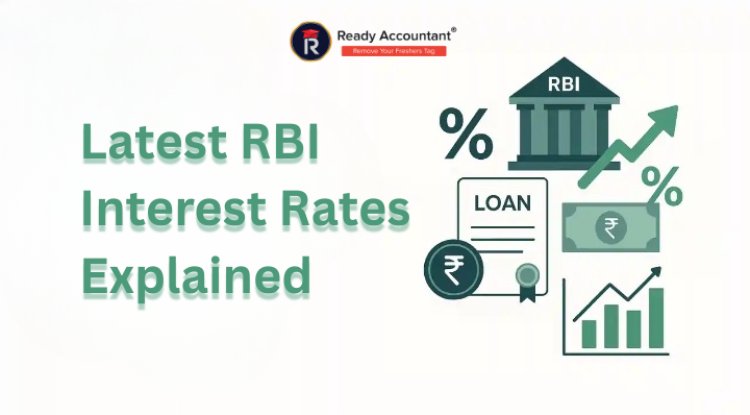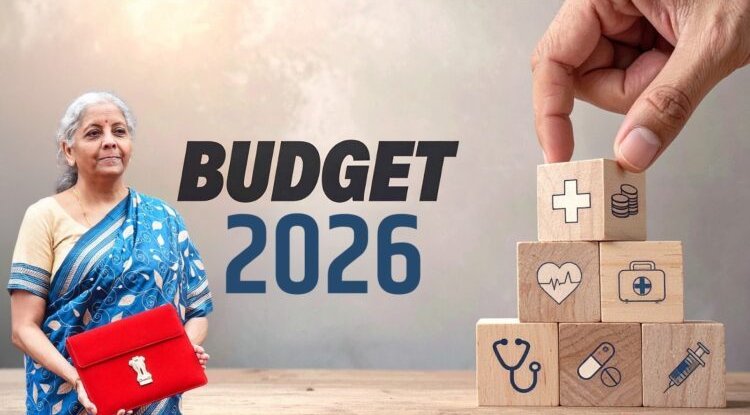Top Essential Topics Covered In GST Courses
GST courses are designed to equip learners with comprehensive knowledge of the Goods and Services Tax system in India. Key topics covered include GST registration, invoicing, and filing returns such as GSTR-1, GSTR-3B, and annual returns. Students also learn about input tax credit (ITC), reverse charge mechanism, and GST compliance procedures. Courses often include practical training using accounting software like Tally or Excel for GST computation and return filing. Additionally, they cover the impact of GST on various sectors, the legal framework, and e-way bill generation. These topics help professionals, entrepreneurs, and students gain the skills needed to handle real-world GST tasks efficiently, making them valuable assets in the finance and taxation industry.

As taxation becomes more important in today’s business world, GST courses have become essential for accounting and finance professionals. The Goods and Services Tax (GST) was introduced in India to simplify indirect taxes and brought foremost changes to how organizations work. due to this, professionals, commercial enterprise owners, and college students want to recognize how GST works absolutely.
Enrolling in a GST Course not best enhances your information of the tax device but also improves job prospects and boosts commercial enterprise performance.
1. Introduction to GST and Its Framework
One of the top essential topics covered in GST courses is the comprehensive overview of GST. This includes:
- The want for GST in India
- Difference between the previous indirect tax regime and GST
- Shape of GST: CGST, SGST, IGST, and UTGST
- Key terminologies such as supply, Input Tax Credit (ITC), Reverse Charge Mechanism (RCM), and so on.
This foundational topic ensures learners understand the basics before moving into advanced tax calculations and compliance.
2. Sorts of GST and Tax Slabs
Every other key thing of a GST path is the class of GST types and relevant tax slabs:
- Types of GST: Central GST (CGST), state GST (SGST), integrated GST (IGST), and Union Territory GST (UTGST)
- GST Tax Slabs: 0%, 5%, 12%, 18%, and 28%
- Differentiation between exempted, zero-rated, and non-GST supplies
- This module is crucial for ensuring proper invoice practice and tax calculation.
3. GST Registration Process
GST registration is mandatory for businesses crossing a certain turnover threshold. courses generally include:
- Eligibility and documents required for GST registration
- Registration process on the GST portal
- Voluntary registration and its implications
- Change, cancellation, and revocation of registration
- This segment allows learners to understand how to guide businesses through the registration manner.
4. Tax Invoicing and Credit Notes
Knowing how to raise a proper tax bill is important to GST compliance. The top essential topics covered in GST guides also encompass:
- Format and contents of a GST invoice
- Time of supply and place of supply
- Use of Debit and Credit notes
- Invoice matching concept for ITC claim
Those topics play a great function in avoiding penalties and ensuring smooth business operations.
5. Input Tax Credit (ITC) Mechanism
The ITC mechanism is one of the most essential factors of GST. A good Accounting course with GST modules explains:
- Eligibility and conditions for availing of ITC
- Documents required for ITC claims
- Reversal of ITC in special instances
- Matching concept and reconciliation of ITC with GSTR 2A/2B
Understanding ITC allows businesses to lessen their general tax liability effectively.
6. GST Returns Filing
Among the most sought-after abilities in a Taxation course is the ability to file GST returns effectively. students learn how to:
- Understand the different types of GST returns: GSTR-1, GSTR-3B, GSTR-4, GSTR-9, and GSTR-9C
- Monthly, quarterly, and annual filing methods
- Late fees, penalties, and interest on non-compliance
- GSTR reconciliation and rectification of mismatches
With the right education, learners become adept at filing accurate and timely returns.
7. Reverse charge Mechanism (RCM)
The Reverse Charge Mechanism (RCM) is another important idea where the recipient of goods or offerings pays the tax instead of the supplier. GST courses generally encompass:
- Categories of supplies below RCM
- Registration requirements for RCM
- Accounting treatment in RCM transactions
- Impact on enter Tax credit
Mastering this ensures proper accounting and tax payment without errors.
8. E-way bill and E-Invoicing system
To ensure the movement of goods is tracked correctly, the government introduced the E-way bill and E-Invoicing systems. these are essential topics in a well-structured Tally course integrated with GST, covering:
- E-way bill generation, validity, and exemptions
- Steps to generate and cancel an E-way invoice at the portal
- Introduction to e-invoicing and its applicability
- Integration with accounting software like Tally for automation
- Learning these systems enables faster and more compliant business transactions.
9. Practical Training with Tally and GST software
Many courses in GST consist of hands-on training using Tally ERP 9 or Tally Prime integrated with GST modules. This training is precious for inexperienced persons to:
- Generate GST-compliant invoices
- The report returns directly via Tally
- Carry out ITC reconciliation
- Prepare reports for audits and assessments
Combining a Tally course with GST education ensures real-world readiness.
10. GST Audits and Annual return filing
A more advanced topic in GST training is understanding GST audit procedures and annual return filing. subjects encompass:
- Thresholds and standards for GST audits
- Guidance of GSTR-9 and GSTR-9C
- Common audit issues and resolutions
- Documentation and records maintenance
That is crucial for those looking to work in audit firms or in compliance roles.
11. Offenses, Penalties, and Appeals
Being aware of what constitutes an offense under GST helps businesses live compliant. courses typically cover:
- Common offenses and their penalties
- Late charges and interest calculation
- Appeals and revision procedures
- Role of GST Appellate Authority
End
Enrolling in an Income Tax GST course is one of the exceptional ways to live competitively within the accounting and finance enterprise. whether you are a business owner, commerce student, or working professional, mastering the top essential topics covered in GST guides prepares you to navigate India’s tax system with ease and confidence.
What's Your Reaction?




















